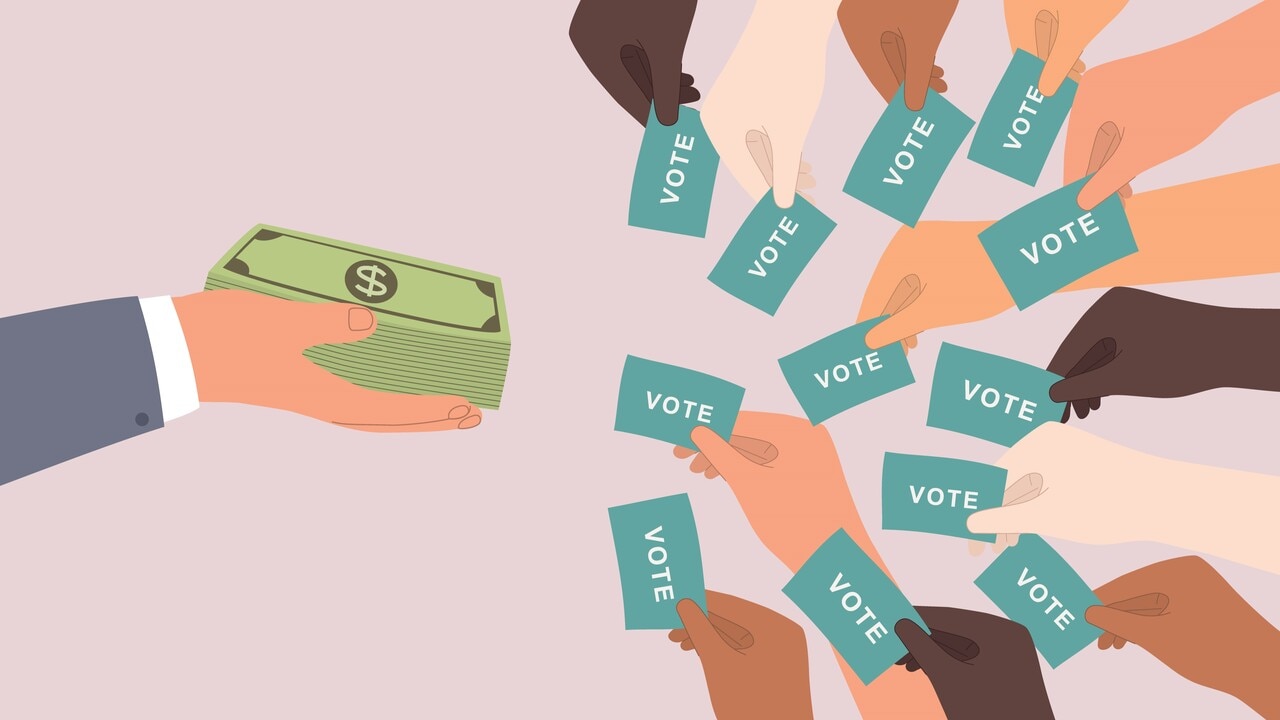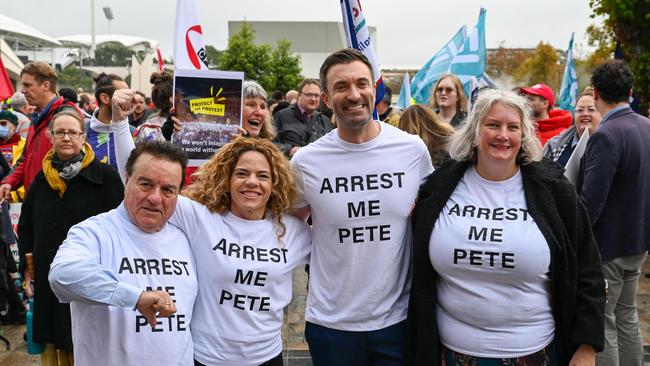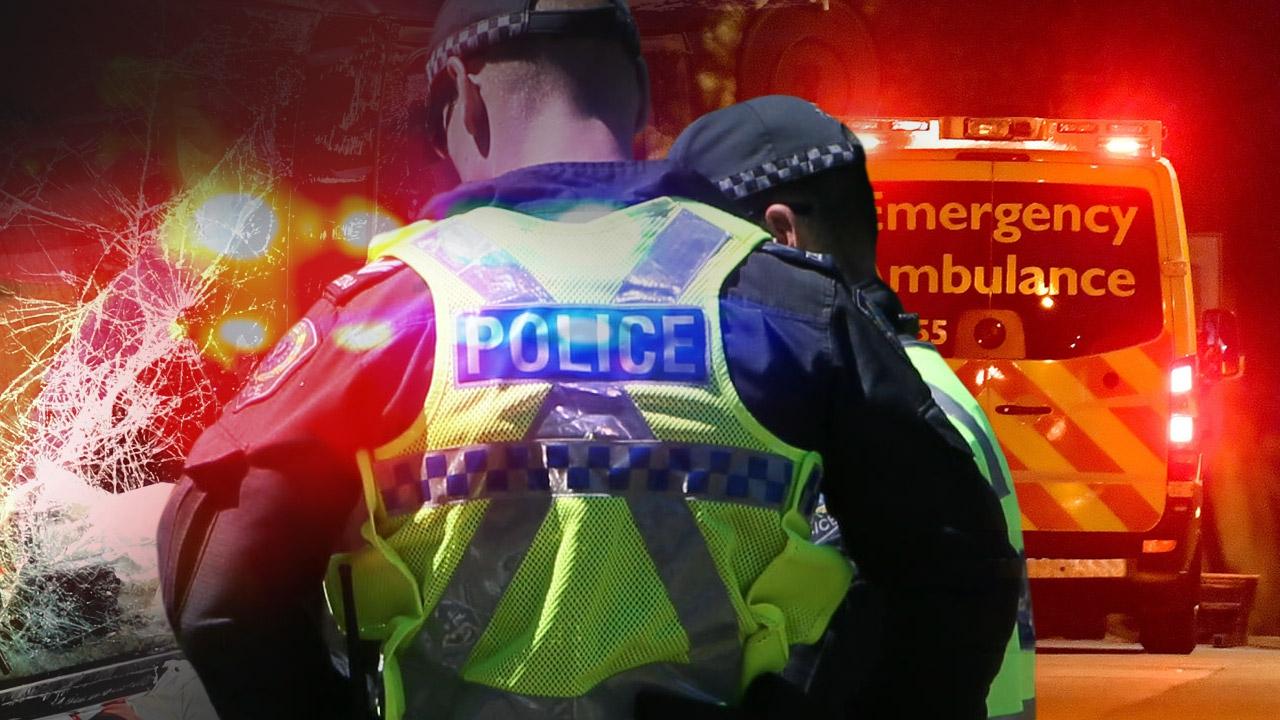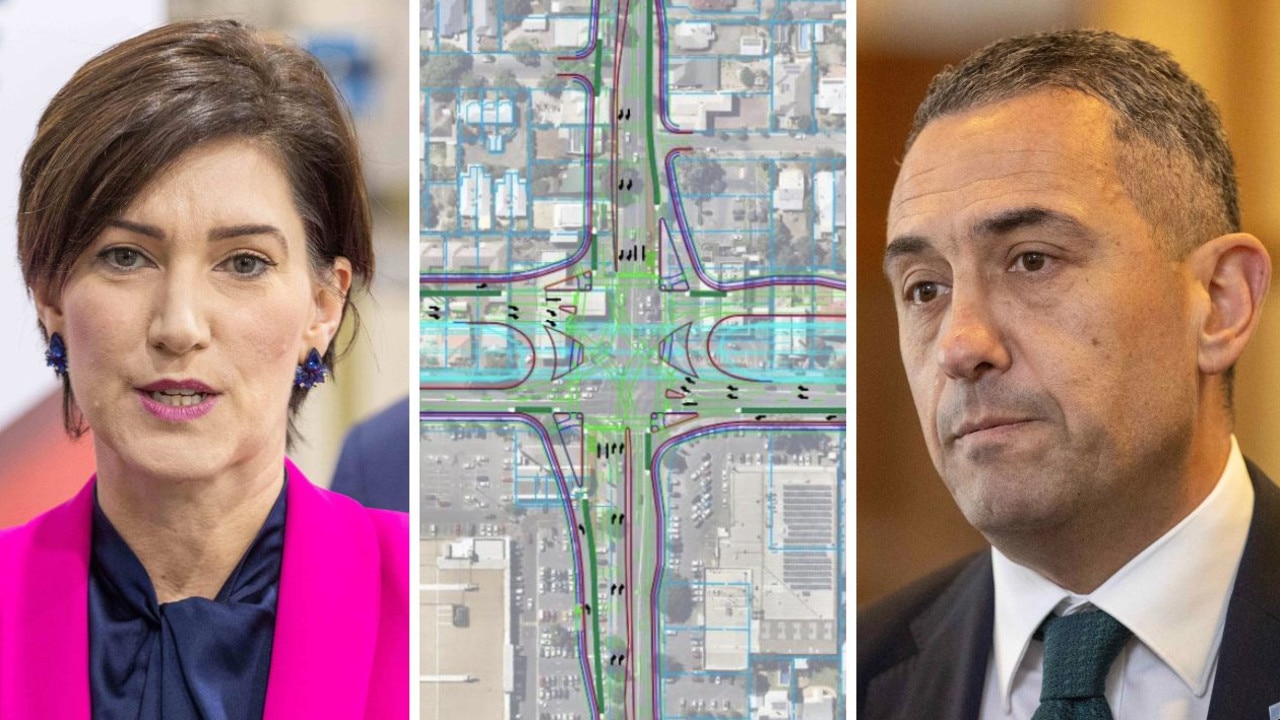SA-Best flags minor party money troubles as election donation hits upper house hurdle
The state government’s world-leading electoral donation ban has hit a roadblock in the upper house, after concerns were raised for independent MPs.

SA News
Don't miss out on the headlines from SA News. Followed categories will be added to My News.
The state government’s world-leading electoral donation ban has hit a hurdle in parliament’s upper house, after concerns were raised that it could leave independent MPs hundreds of thousands of dollars out of pocket.
The bill had been expected to pass without issue following a government announcement earlier this week that the Greens and One Nation would support the legislation.
But SA-Best MLC Connie Bonaros and independent MLC Frank Pangallo flagged concerns over a clause that requires minor parties and independents to repay their campaign allocation if they do not poll enough votes.
In the upper house, the allocation must be repaid if a party or candidate polls less than two per cent of votes, while in the lower house the threshold is four per cent.

Ms Bonaros said the clause had not been properly explained – and was unfair on smaller parties like hers.
“No one is going to bank their house on a scheme where they cannot collect donations,” she said.
The government’s donation ban would prohibit the giving and receiving of electoral donations and gifts and impose mandatory expenditure caps on parties, candidates and third parties.
Donations would be replaced by a public funding model, which allocates funds to parties and candidates based on the number of votes they received at the previous election.
The confusion led to the adjournment of the bill on Tuesday night.
Mr Pangallo said he feared he would find himself in a situation where he would be required to repay campaign funds.
“If that happened to me, I would find myself in debt and possibly have to borrow funds to repay them,” he said.
He said the clause was undemocratic and a “sting in the tail” of the legislation.
“You can’t raise donations privately ... yet still face a big bill if you didn’t reach their threshold!” he said.
“And that would dissuade other independents and smaller parties from contemplating running for parliament at the risk of going bust.”





